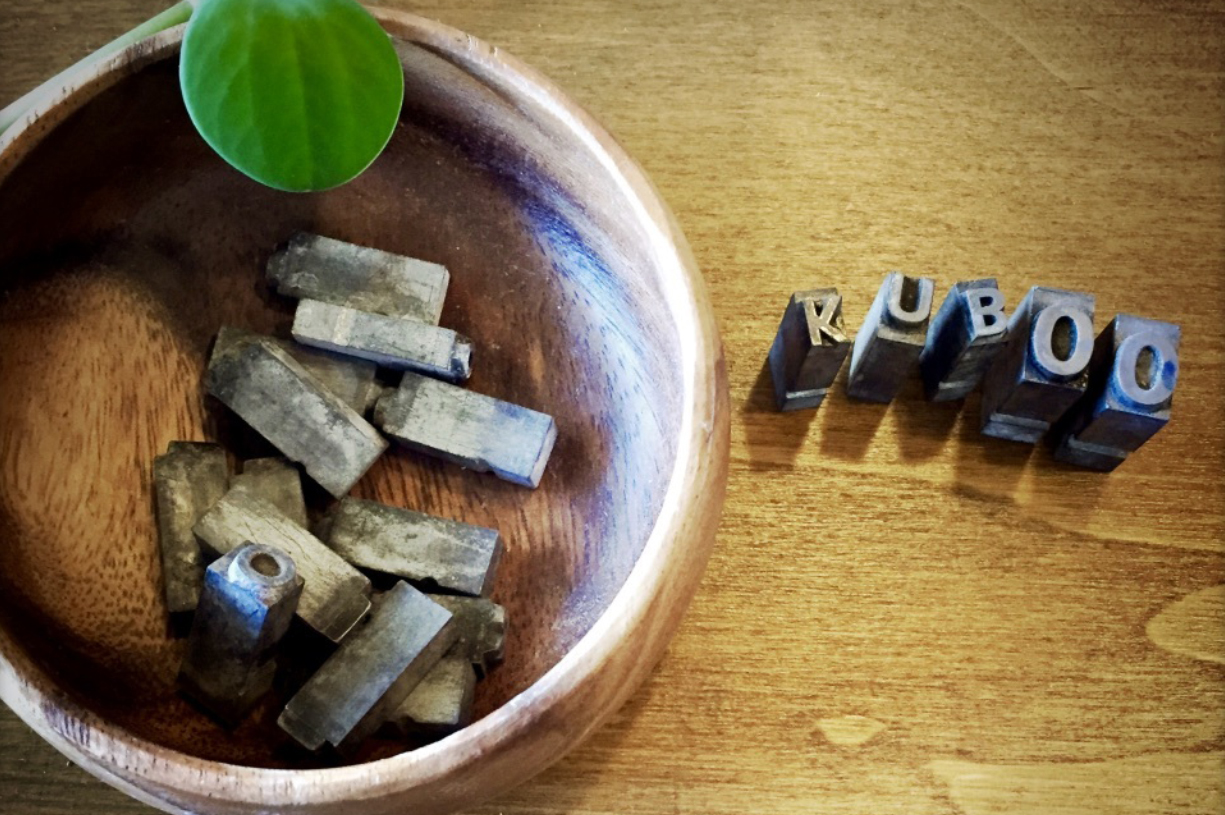When I was about six years old when I started my first tag collection. I kept tags of all kinds. Square tags, round tags, colored, with and without relief, shiny or not. What fascinated me about these objects was the fact that they identified a particular item. That’s how we are, we like to put tags on things. We like to know the other person’s name, what’s the name of that song we can’t stop listening to, what’s the name of that person whose smile we remember?
And we like to arrange all these things in boxes. We need to know the exact location of our car keys, where that great friend who we haven’t seen in years is currently living, which place we find ourselves in when we feel at home. I started by keeping my tags in small plastic bags. As the collection grew I needed more space and started keeping them in old shoe boxes.
Time went on and before I knew it I no longer collected tags. But I had many other things that I carefully kept.
Our homes work like museums that some of us carefully curates (of objects, of people, of memories). I had an incredible collection of books; some were bought and most of them inherited from relatives. The little trinkets I was given over the years were also piling up. Meanwhile, the family grew. It was no longer just me and my collections. There was also a life partner, a dog and a cat. It was no longer just my own selfish memories. The objects doubled and so did the love. We now had bicycles at home that we used for our Saturday rides, a collection of old cameras, and a beautiful dining table to replace my small side table.
We needed to find a balance for storing all these memories. Putting everything in its proper place, choosing what had to stay and what deserved a new home. This is when the word “attachment” comes up. Everything seemed important to us. Every object was a story, a lived experience that we held dear. We couldn’t choose. We first thought about renting a garage but it seemed unsafe and humid, and after all, we wanted to make sure our memories were secure and safe.
So we scoured Lisbon looking for a warehouse that could be an extension of our home. A place where our things could stay indefinitely and that would guarantee its safety. In this search, we discovered the concept of self-storage and we couldn’t have been more excited with the idea. Renting a warehouse where we could easily access our things; a safe place for what was so dear to us. We visited several spaces but we always had the impression they were impersonal warehouses. There was always the feeling that our memories would be forgotten in cold and distant spaces with floors I wouldn’t put my carpet on.
Finally, we found Kuboo: love at first sight. We immediately realized that our objects were important there and they would have the space they deserved. The staff’s’ warm reception made us feel that they were also part of our story and of our tidying up mission. Today our kuboo works as a house extension. We spend evenings going to the place that is now our storage room and reliving the objects. Some we take home; some we rearrange inside the kuboo; some we simply haven’t decided yet in which space they really belong.
Sometimes we completely lose track of time and spend hours going through boxed-up memories. Open box, close box, now we take the bike, tomorrow we bring your grandmother’s crockery service.
We always return home fuller and with a few boxes less. Our house now has a more fluid and harmonious dynamic. There is nothing that is too much or doesn’t fit into our routine. That said, I sit on the couch, look at the bookshelf and notice that my favorite novel is missing;
I’m going to Kuboo. I’ll be right back!
